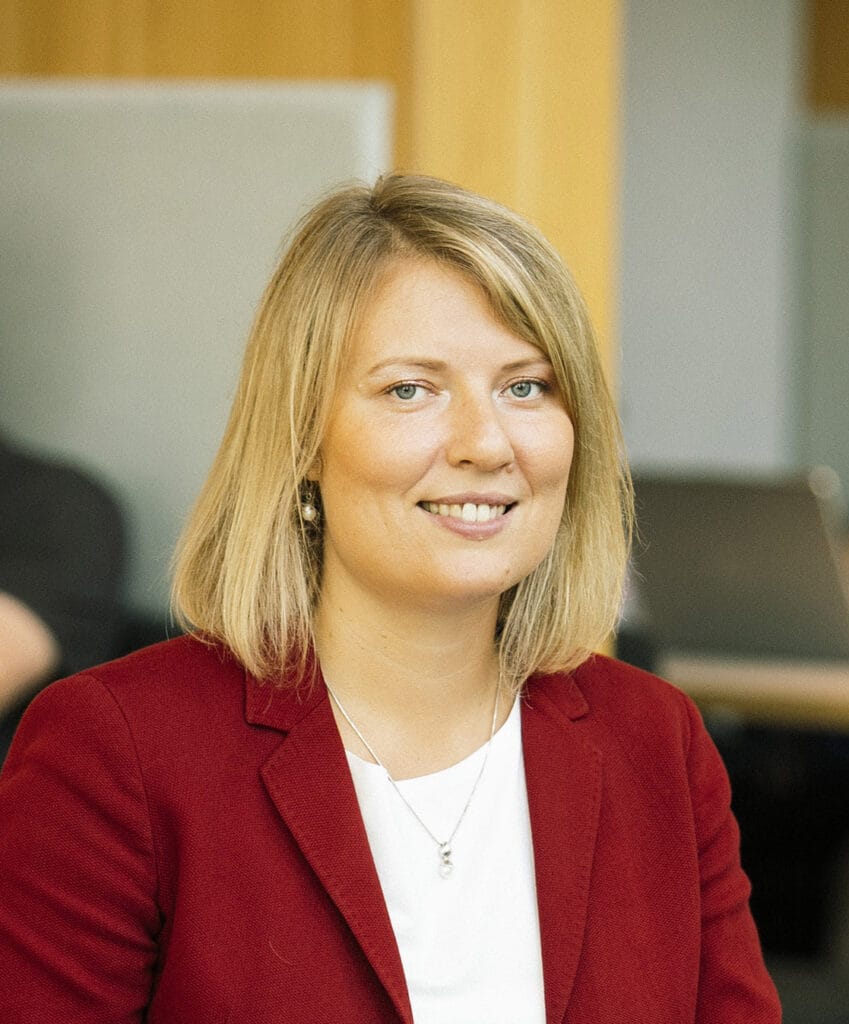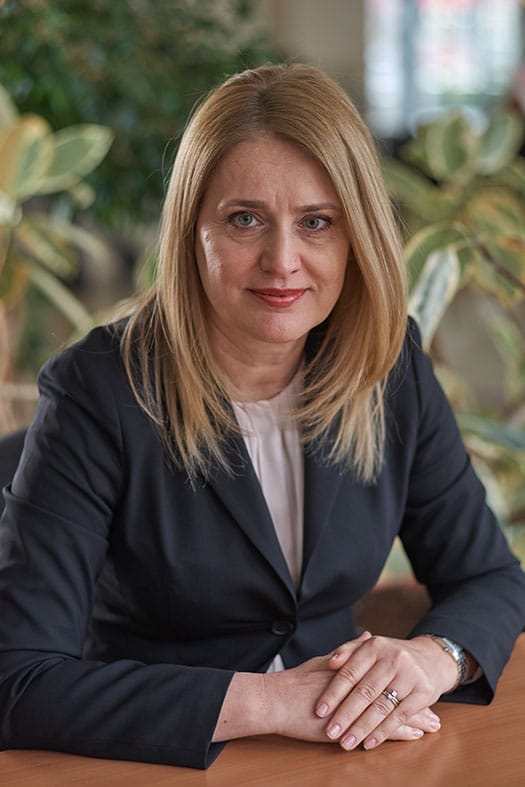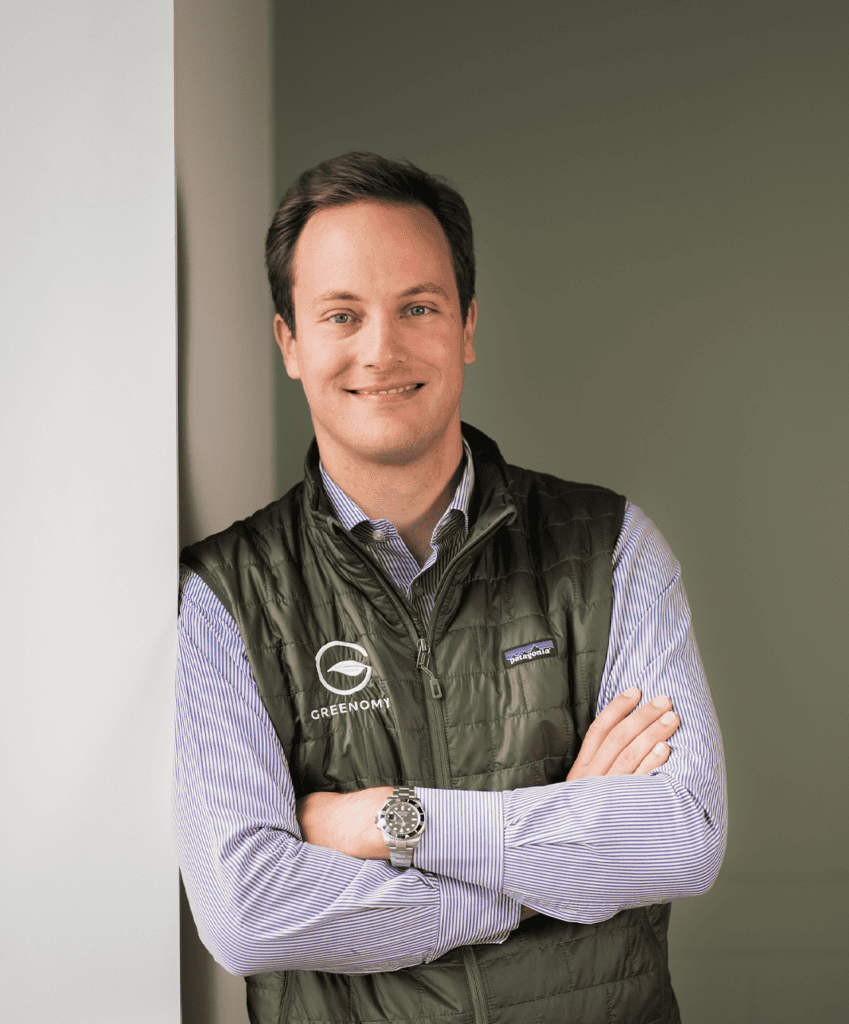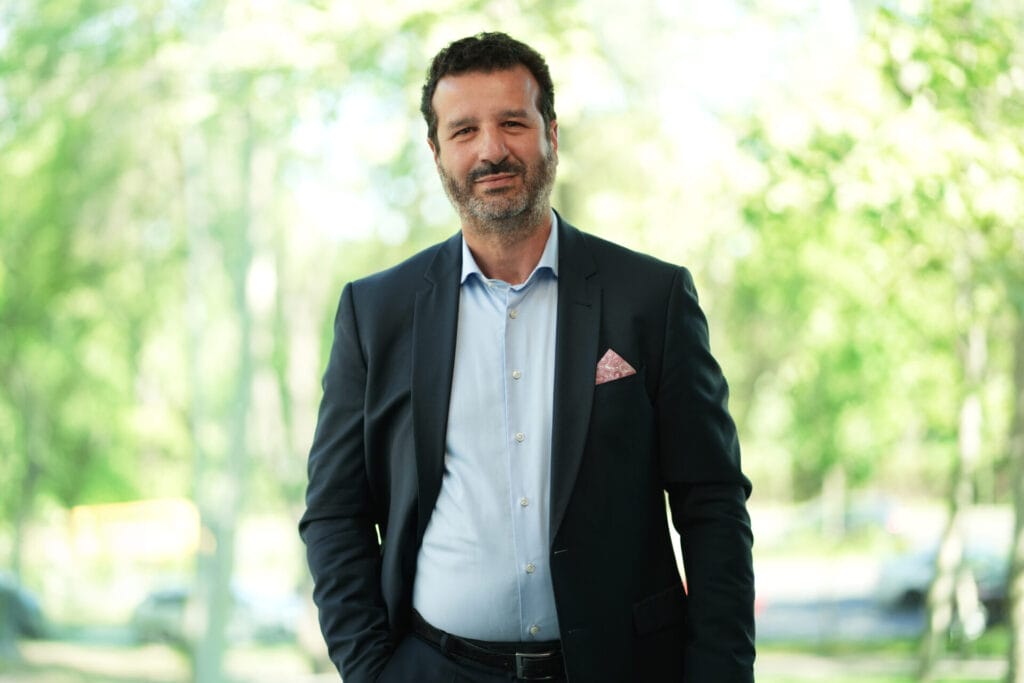While climate change affects us all, farmers are especially attuned to the impact of increasingly extreme weather conditions including drought, severe heat, flooding, or other shifting climatic trends. Together, these various challenges make it more difficult for farmers to cultivate their crops, ensure their livelihoods and support the global food system we all rely on. That’s why Bayer is devoted to decarbonizing agriculture by developing new solutions that help farmers withstand the impacts and address the causes of climate change.
At Bayer, we’re working to scale the adoption of regenerative agriculture practices by our farming customers, using technologies including: high-yielding crop genetics, crop protection products, precision irrigation systems, soil management tactics through no-till and cover crops, crop rotation, root health, fertilization management, microorganisms and inoculants, a switch to direct seeded rice, and digital and precision farming tools. Combining different practices can lead to profitable, tailored solutions for our farming customers. We also have the products, partner relationships, technology and talent to help companies across the agriculture supply chain reduce their carbon footprints.
By 2030, we aim to enable our farming customers to reduce their on-field greenhouse gas emissions per mass unit of crop produced by 30% compared to the overall base year emission intensity1. This applies to the highest greenhouse gas emitting crop systems in the regions Bayer serves with its products.2
To tackle such an ambitious goal, we’re focusing our efforts where we can make the biggest impact, working collaboratively with growers and partners across the value chain to reduce the GHG emissions of crops grown in the field and even help farmers sequester carbon and generate revenue from the practice.
Progress
Recognizing that farmers are our single greatest asset for generating soil carbon, we have created new business models that will help to ensure their participation far and wide. Our global approach is designed to reach farms of all sizes. After all, we know that no matter how many hectares they manage, all farmers should reap the benefits of removing carbon from the atmosphere.
We are making significant strides in reducing greenhouse gas emissions across our most important countries and crops.
- North America: Scaling with growers and agri-food supply chain – In North America, in addition to ForGround, Bayer’s digital platform that supports growers in regenerative agriculture practices with already millions of acres connected, partnerships have also been forged with companies like Perdue Agribusiness and Mars Petcare to help meet their carbon emissions reduction goals.
- Latin America: Delivering Soybeans with a Deforestation-Free Carbon Footprint – In Latin America, we’re helping growers improve carbon sequestration and soil fertility to improve yield, and farmers who implement regenerative practices have access to exclusive benefits like credit discounts or early access on the purchase of farm inputs. Through a new commodities program, in May 2023, Bayer delivered the first load of Brazilian soybeans with a traceable, deforestation-free carbon footprint.
- Asia: Reducing Methane Emissions and Generating Carbon Credits from Sustainable Rice Cultivation – In Asia, Bayer is a key partner in the Good Rice Alliance, an initiative operating today on 45,000 hectares across 11 states in India. The Alliance empowers rice farmers to adopt regenerative agriculture practices, moving away from growing rice in flooded fields. Farmers are provided with training and support to adopt cultivation methods that use less water and create fewer methane emissions. The Alliance also ensures a robust Measurement Reporting Verification (MRV) system and is under Gold Standard validation which enables farmers to make additional revenue from the generation of reliable and verifiable carbon credits. By 2030, The Good Rice Alliance plans to reach 1 million hectares across 15 states, reducing emissions by ~3.5 million tons of CO2 per year, setting a benchmark for similar efforts in the rice decarbonization space.
- Europe: Helping companies across Europe decarbonize their value chains – In Europe, Bayer is delivering multiple tailored projects with large companies from the food supply and agricultural value chains in several European countries, where growers using regenerative agriculture practices are emitting on average 15 percent less carbon than conventional farmers.
We’ve joined the world’s leading Science Based Targets Initiative (SBTi), founded by the CDP, the United Nations Global Compact, the World Resources Institute (WRI) and the World Wide Fund For Nature (WWF). The initiative, aimed at assisting organizations in setting transparent targets for reducing emissions, has approved our ambitious targets in the reduction of our Scope 1, Scope 2 and Scope 3 emissions. With these targets, we have committed ourselves to actively playing our part in limiting global warming to 1.5°C for Scopes 1 and 2. Enabling farmers to reduce their GHG emissions goes above and beyond what we have set with these organizations. As a leading life sciences company, we realize there’s a lot we can do to lessen the footprint for greenhouse gas emissions.
Partnering for more reach & impact across the value chain
To reach climate neutrality, we know we can’t do this alone. So, we’re collaborating with other entities to create new pathways for reducing agriculture’s emissions. When we combine our expertise with the knowledge, technologies and power of NGOs, governments, international organizations, farmers, consumers and food chain members, together we can achieve profound impact.
——————–
1 Our reduction target refers to an overall base year greenhouse gas intensity that includes the weighted emission intensities of 18 crop-country combinations. Base years are defined individually for each crop-country combination, using data from either harvest year 2020, 2021 or 2022 depending on the availability of data.
2 The crop-country combinations Italy-Corn and Spain-Corn were not selected based on these factors but were additionally included because data were already available.
Curated by Bayer.















